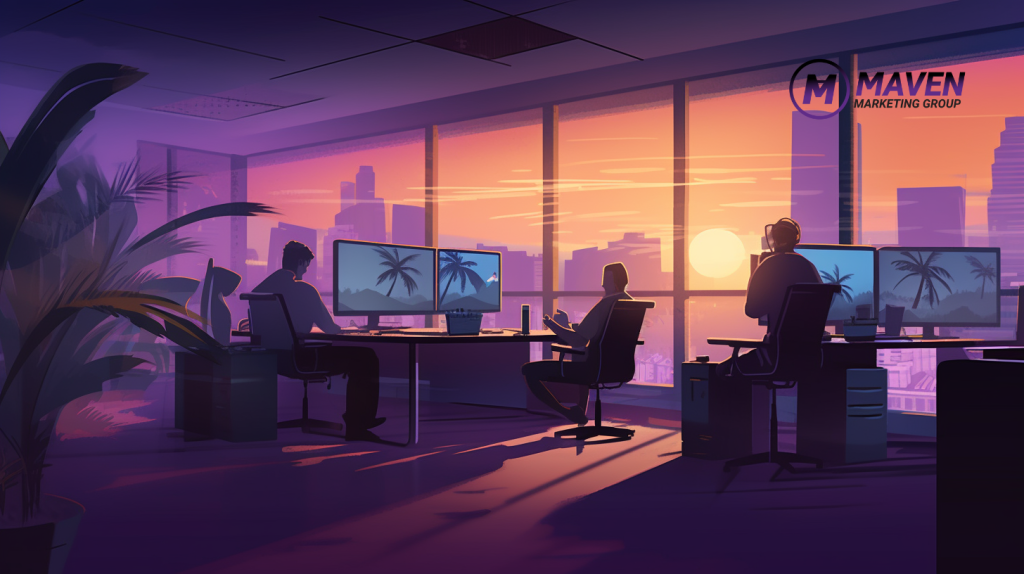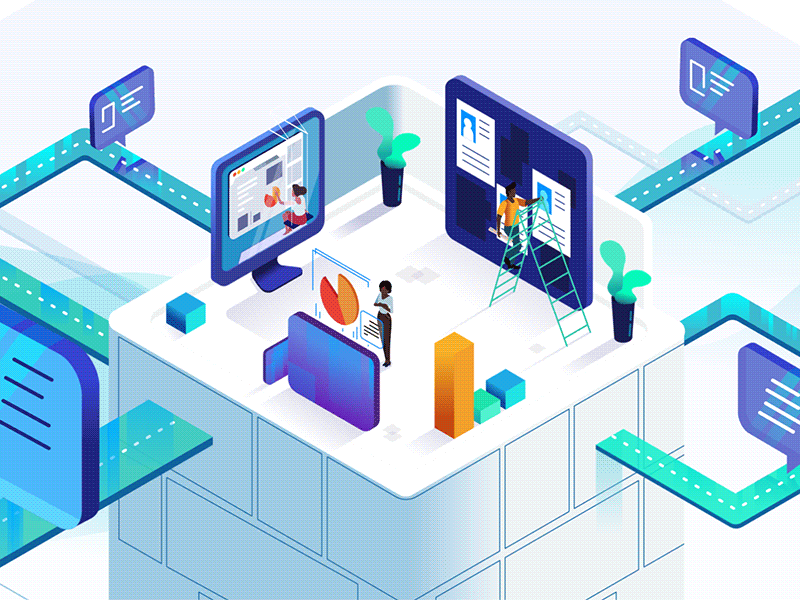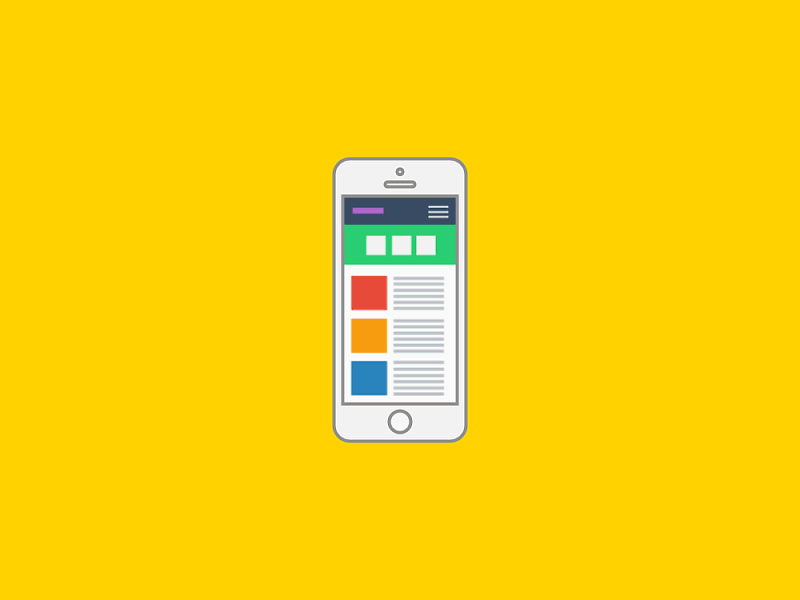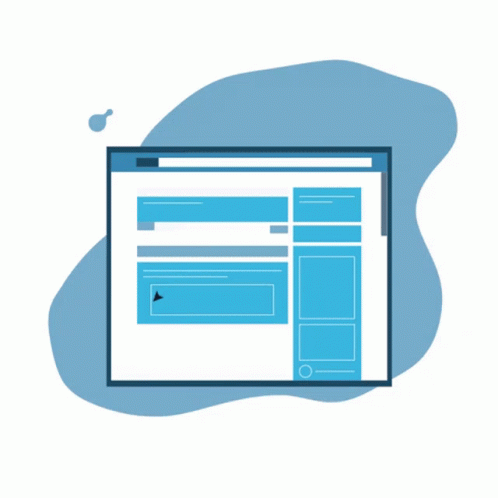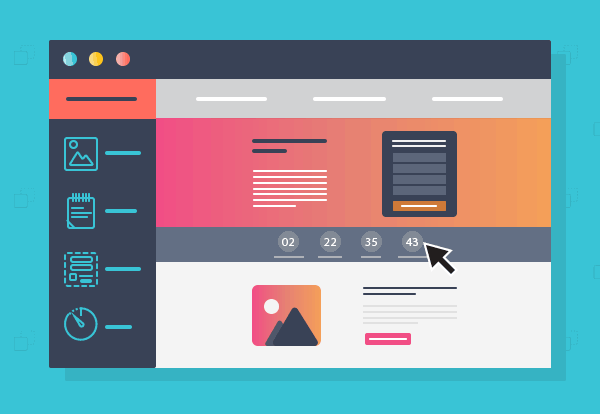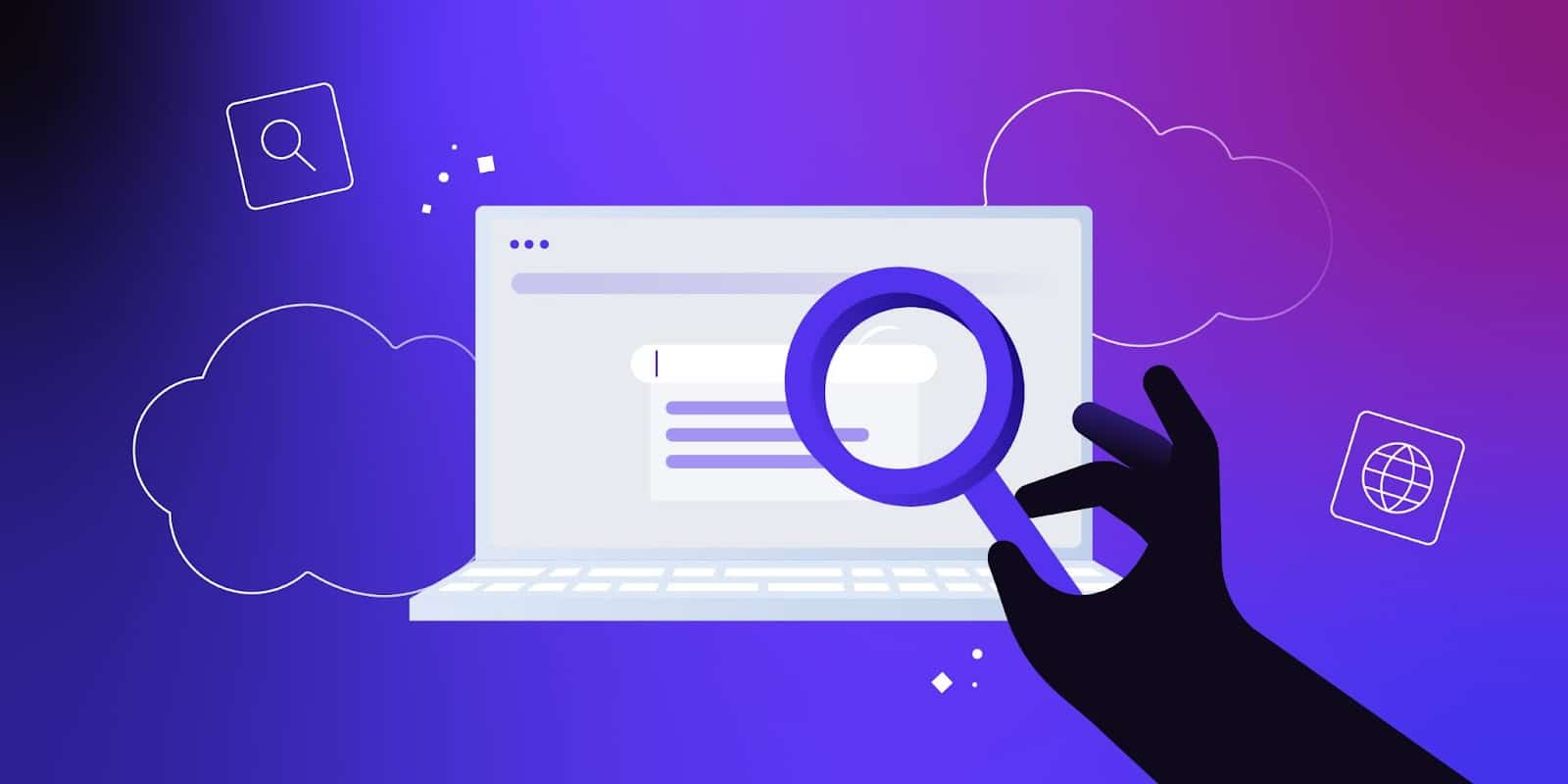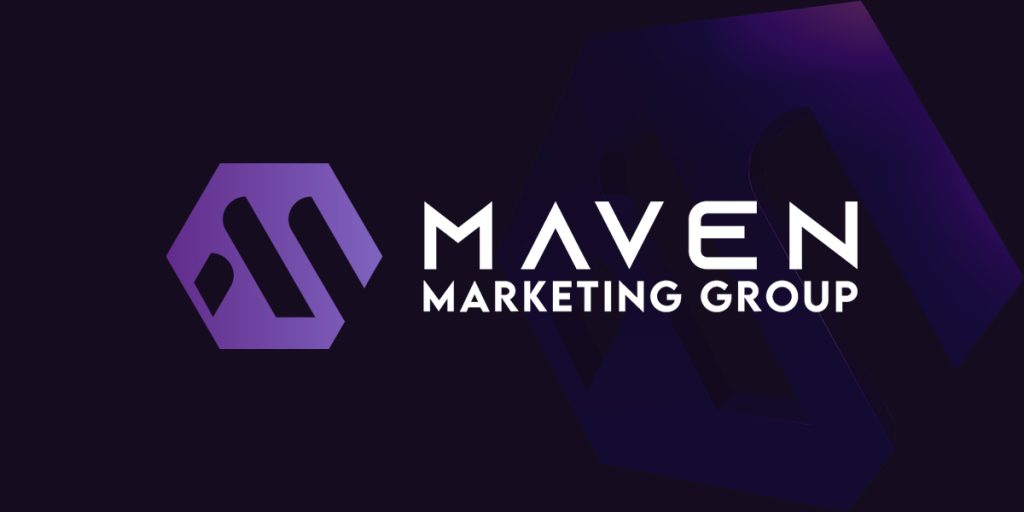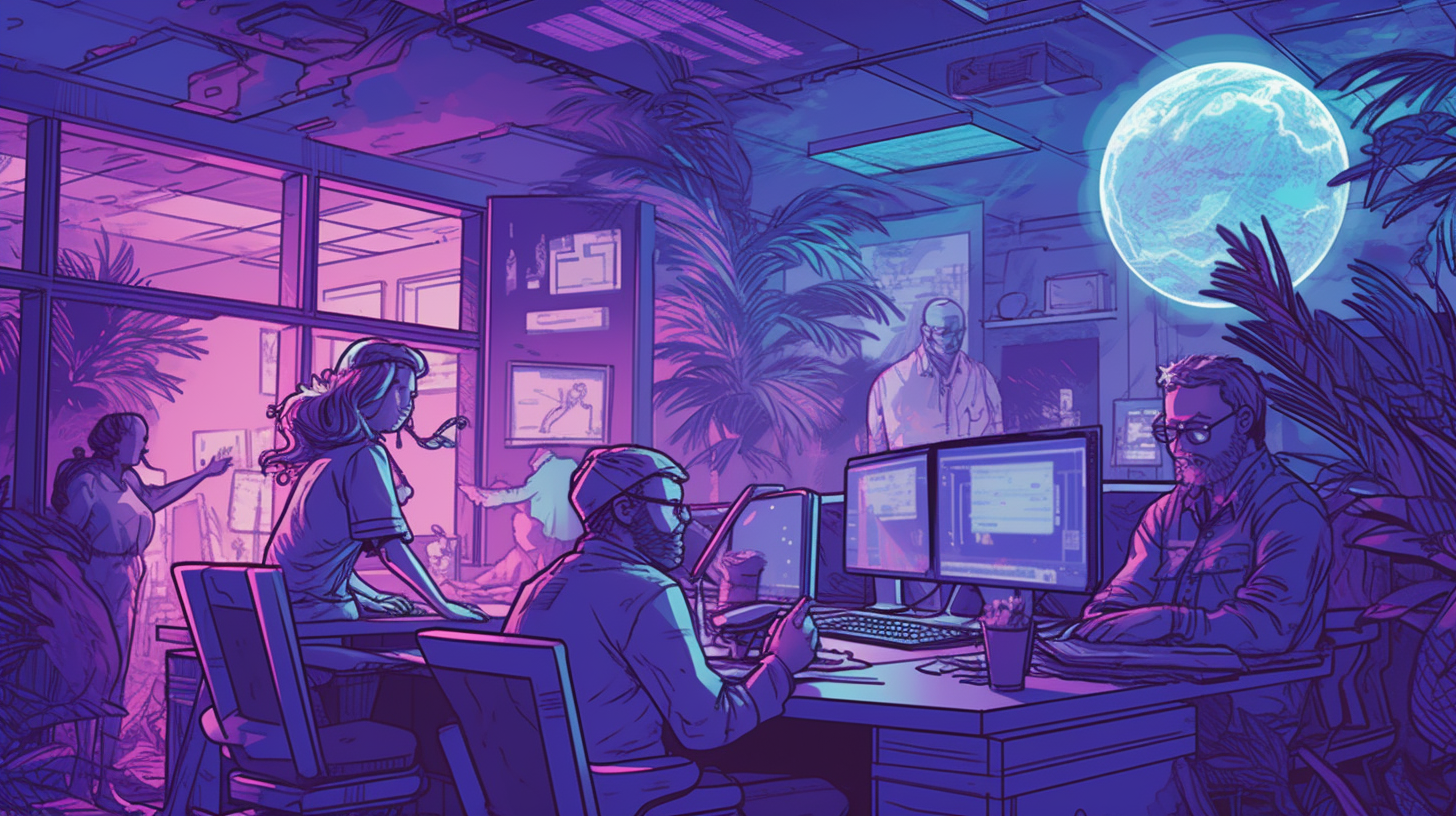
The cost for a web designer can vary widely based on several factors, including experience, expertise, the complexity of the project, and geographic location.
It can be approached in 3 different ways Hourly Rate ($100 to $350+), Fixed Project Rate ($10,000-$100,000+), & Monthly Retainer ($600-$5,000+).
Whether you’re launching a new business website or revamping an existing one, understanding the nuances of web designer pricing is essential for budgeting.
This guide provides an overview of what you can expect to pay when hiring a web designer and the factors influencing these costs.
Factors Influencing Web Designer Costs
- Experience and Expertise: Senior designers or those with specialized skills typically charge higher rates than junior or generalist designers.
- Project Complexity: A simple blog design will cost less than an intricate e-commerce site or a platform with custom features.
- Geographic Location: In the e-commerce industry, designers in metropolitan areas or countries with higher living costs might charge more money for their services compared to those in other regions. This should be taken into consideration when creating a marketing plan.
- Duration: A project with a tight deadline may incur rush fees per hour.
- Freelancer vs. Agency: Hiring a design agency might cost more due to their comprehensive solutions, whereas freelancers offer more flexible rates.
General Pricing Structures:
- Hourly Rate: Full-time designers charge a set fee for each hour of work. Custom website design costs can range from $100 to $350+ per hour, depending on the factors mentioned above. It is important to plan and budget your money accordingly, as rates can vary from month to month.
- Fixed Project Rate: A single fee for the entire marketing project, typically agreed upon after discussing the company’s marketing plan, scope, and requirements to ensure efficient use of money. A fixed project rate can range anywhere from $10,000-$100,000+ depending on the project.
- Monthly Retainer Basis: Regular monthly payments, especially for ongoing design work or website maintenance. Retainer basis ranges from $600-$5,000+
- Package Deals: Some designers offer bundled services, combining design with other services like SEO or content creation.
While the cost for a web designer can vary, understanding the influencing factors and pricing structures ensures you make an informed decision that aligns with your budget and website goals.
Investing in a skilled web designer can provide value in the form of a functional, user-friendly, and aesthetically pleasing website that stands out in the digital landscape.

